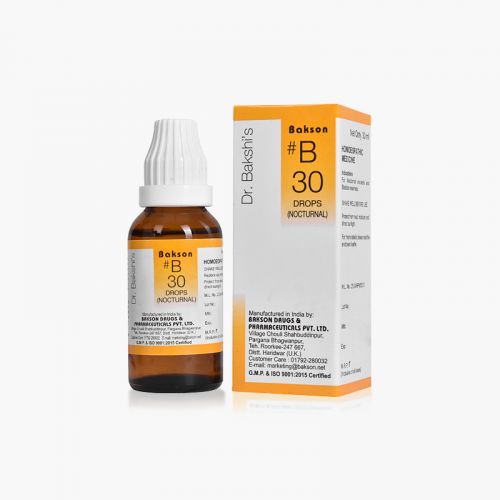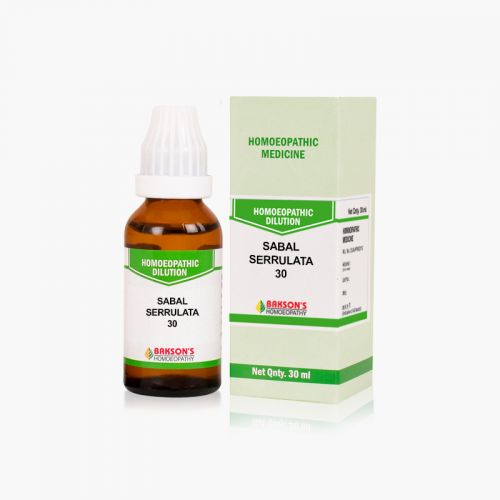We use cookies to make your experience better. To comply with the new e-Privacy directive, we need to ask for your consent to set the cookies. Learn more.
What is Nocturia?
Nocturia is defined as the need for a patient to get up at night on a regular basis to urinate. A period of sleep must precede and follow the urinary episode to count as a nocturnal void. The condition must be distinguished from Nocturnal enuresis in which the patient is not aware of a full bladder and ends up passing urine involuntarily in the bed.
Nocturia becomes more common with age and there is somewhat a higher prevalence of nocturia in younger women than the younger men.
Nocturia severely affects the quality of life by impairing productivity and cognitive functions due to sleep deprivation and mood changes.
Aetiology
Usually, the cause is multifactorial but four main causes have been suggested-
- Nocturnal Polyuria: It is the night time urinary production that is greater than 20% of the total 24-hour urine volume in younger adults or more than 33% in older individuals (seen in excessive fluid intake, caffeine overuse).
- Global Polyuria: t has also been defined as a daily urinary volume of 3000 mL or more. The urinary production is not just confined to sleeping time (seen in Diabetes mellitus, Diabetes insipidus).
- Bladder problems: Reduced bladder capacity, detrusor overactivity.
- Sleep disorder: Insomnia, sleep apnoea and other sleep disturbances contribute severely to nocturia.
Diagnosis
The initial evaluation must begin with a good history and physical examination including parameters such as caffeine and alcohol intake, sleeping habits etc. The presence of any peripheral or dependent oedema must be noted. All the patients with nocturia must be instructed to maintain a 24-hour voiding diary for the record.
Blood parameters like serum glucose/ Hb1A and electrolytes must be checked. Urinalysis should be done.
General management
The treatment of nocturia must be provided to all the patients irrespective of the degree of bother to the patient. The first step in the management is to set a reasonable goal for the treatment.
Simple measures must be followed:
- Limiting fluid intake in the late afternoon and evening (especially between dinner and bedtime).
- Reducing dietary salt intake, especially late in the day.
- Elevating the lower extremities after dinner until bedtime.
- Using compression stockings to lower peripheral edema.
- Regular physical activity such as an afternoon walk.
- Limiting nocturnal oral fluids, alcohol, and caffeinated beverages.
Behavioural therapies which include pelvic floor muscle training, urgency suppression techniques, delayed voiding, fluid management, sleep hygiene along with medicines is recommended.
Warning: Above information provided is an overview of the disease, we strongly recommend a doctor's consultation to prevent further advancement of disease and/or development of complications.
Disclaimer: The information provided herein on request, is not to be taken as a replacement for medical advice or diagnosis or treatment of any medical condition. DO NOT SELF MEDICATE. PLEASE CONSULT YOUR PHYSICIAN FOR PROPER DIAGNOSIS AND PRESCRIPTION.
- #B 30 DROPSSpecial Price ₹ 160.00 Regular Price ₹ 200.00
- ACIDUM BENZOICUM 30₹ 100.00
- EQUISETUM HYEMALE 30₹ 100.00
- SABAL SERRULATA 30₹ 100.00







